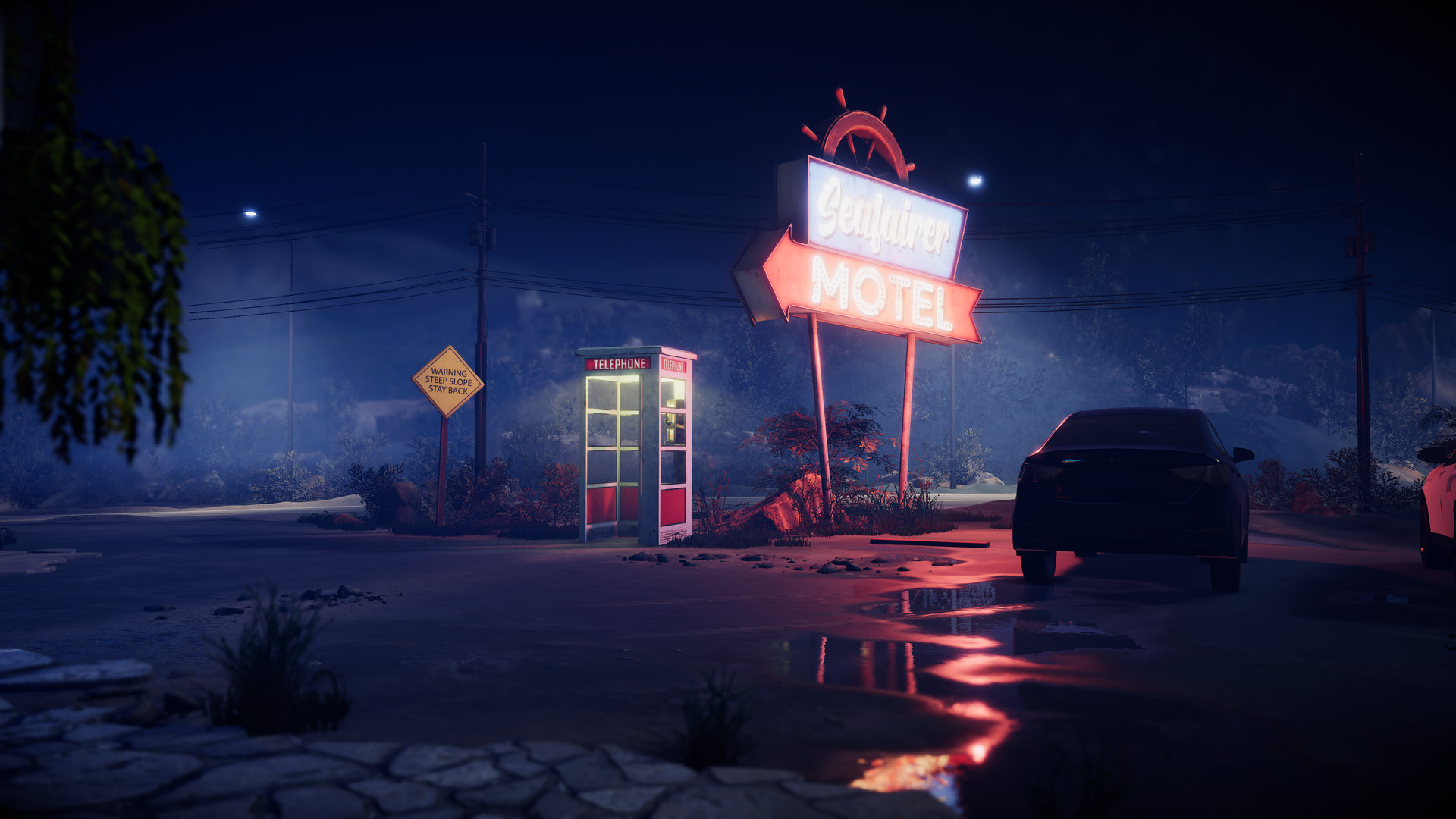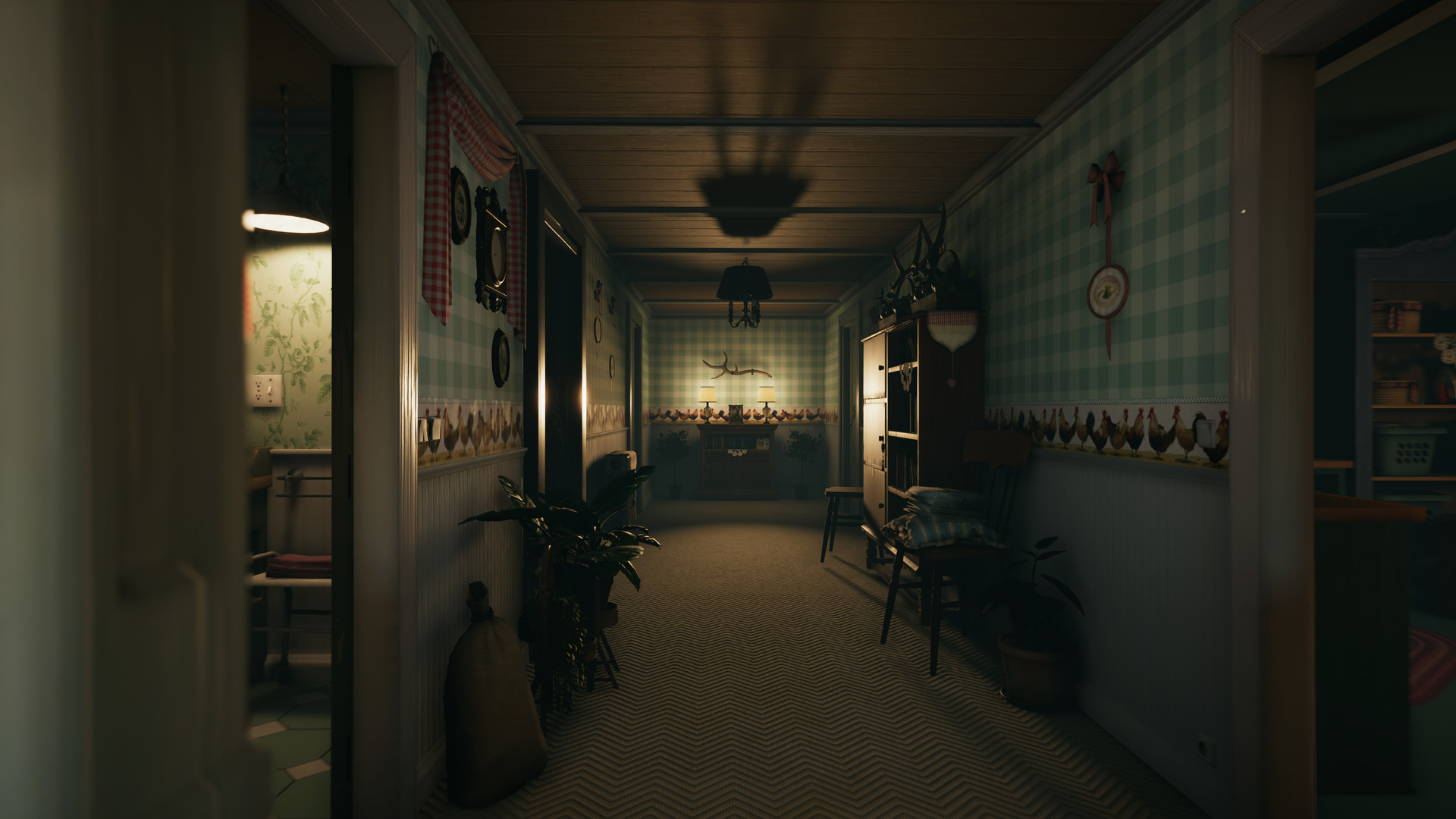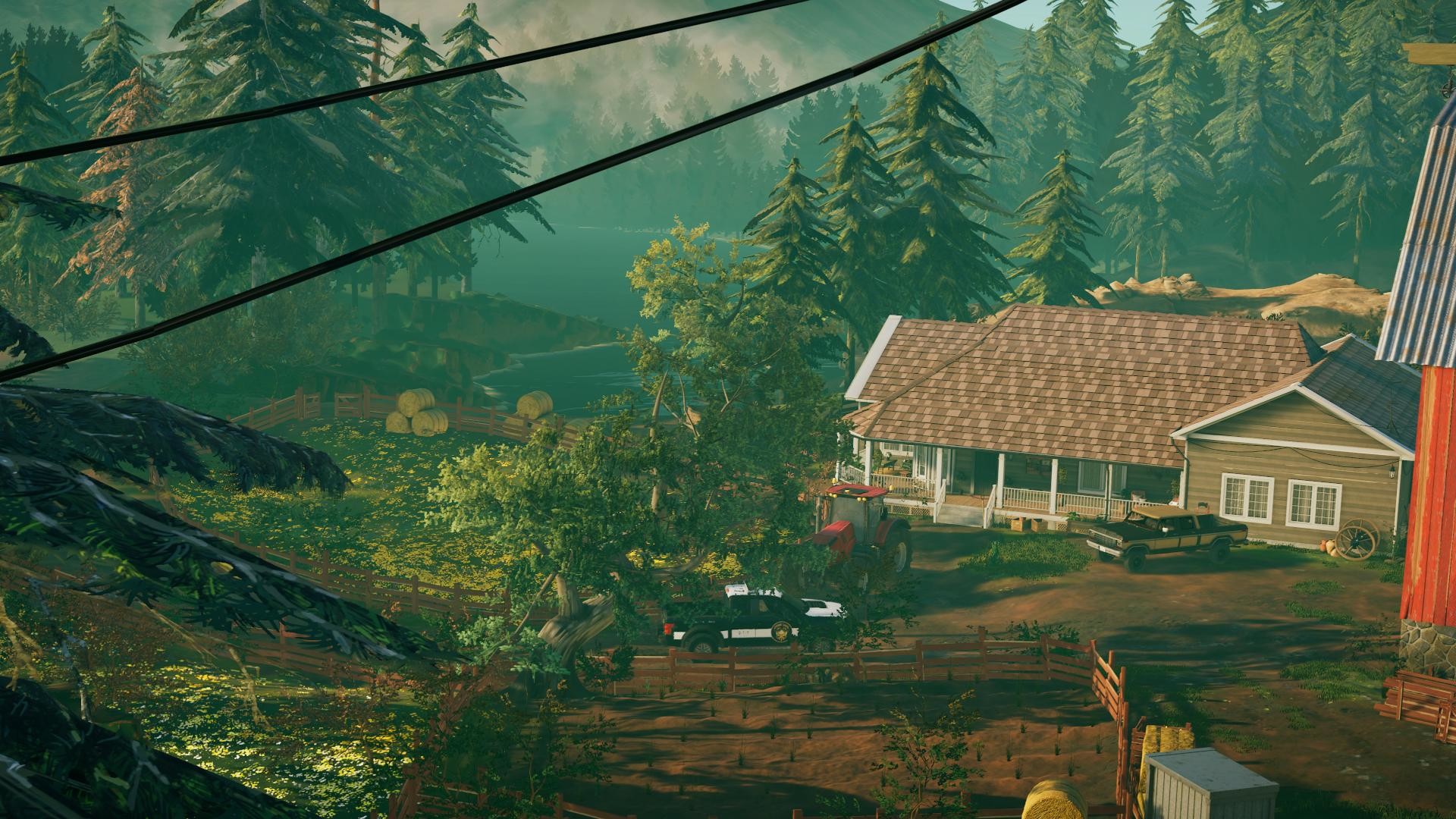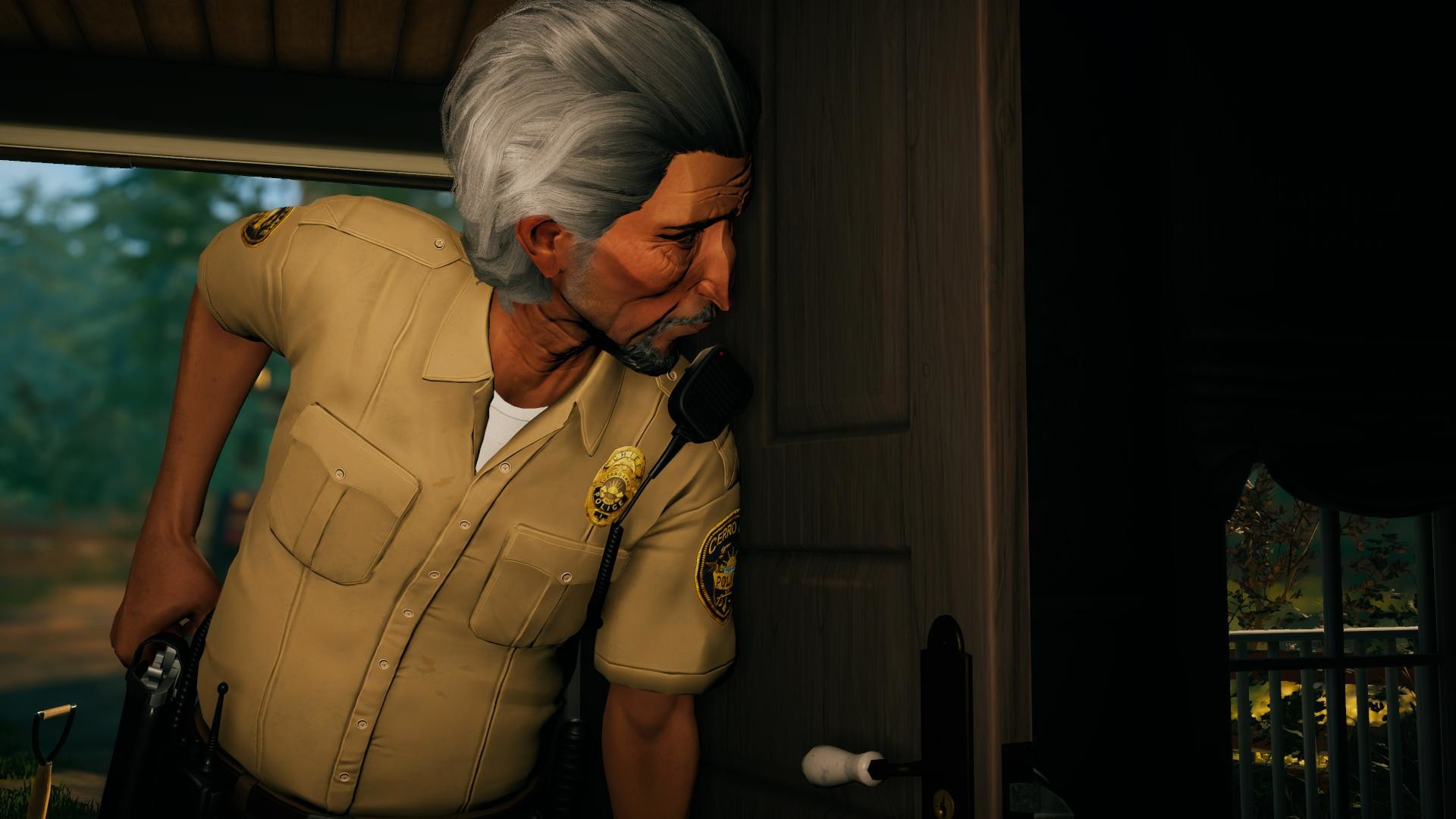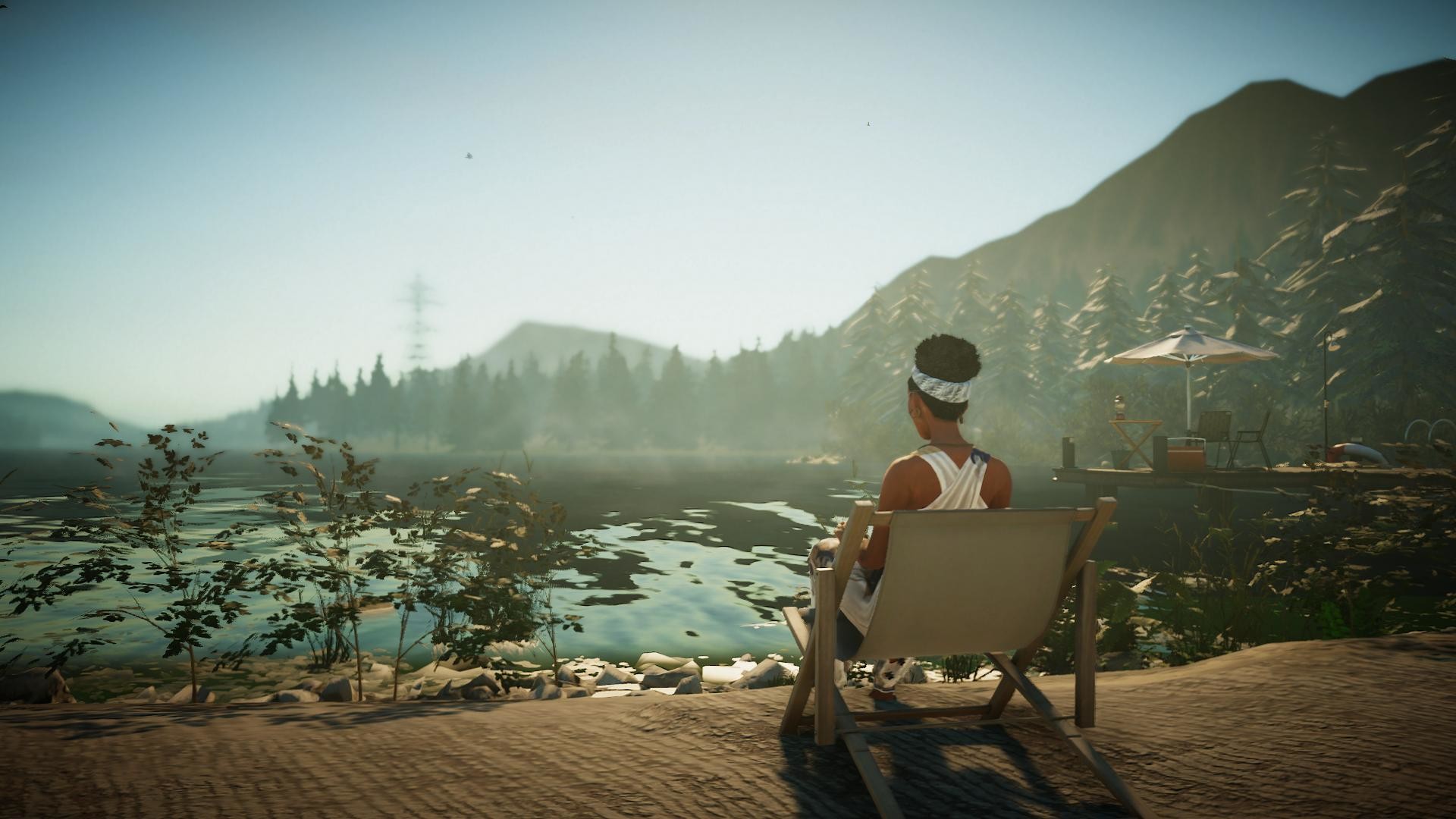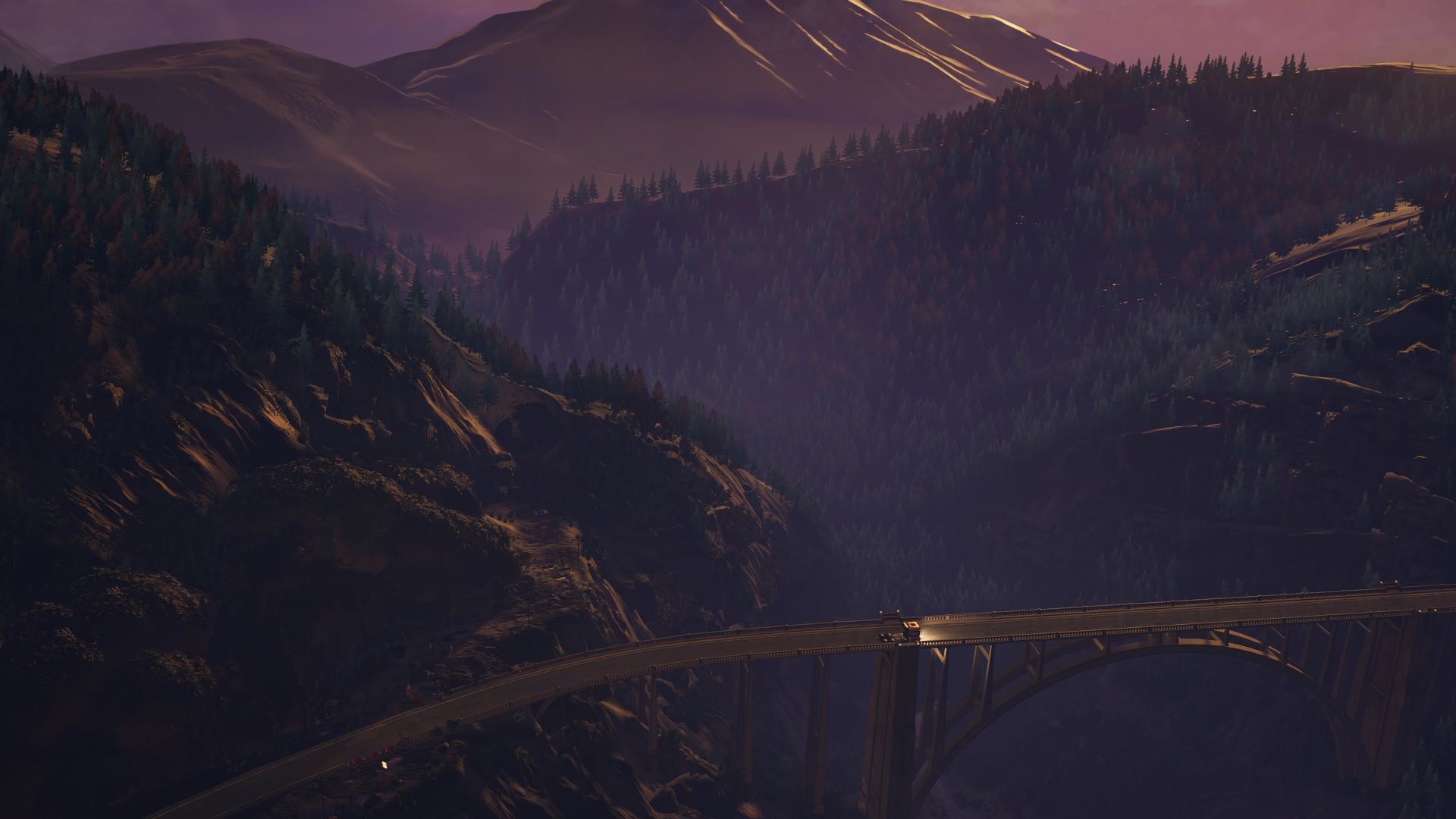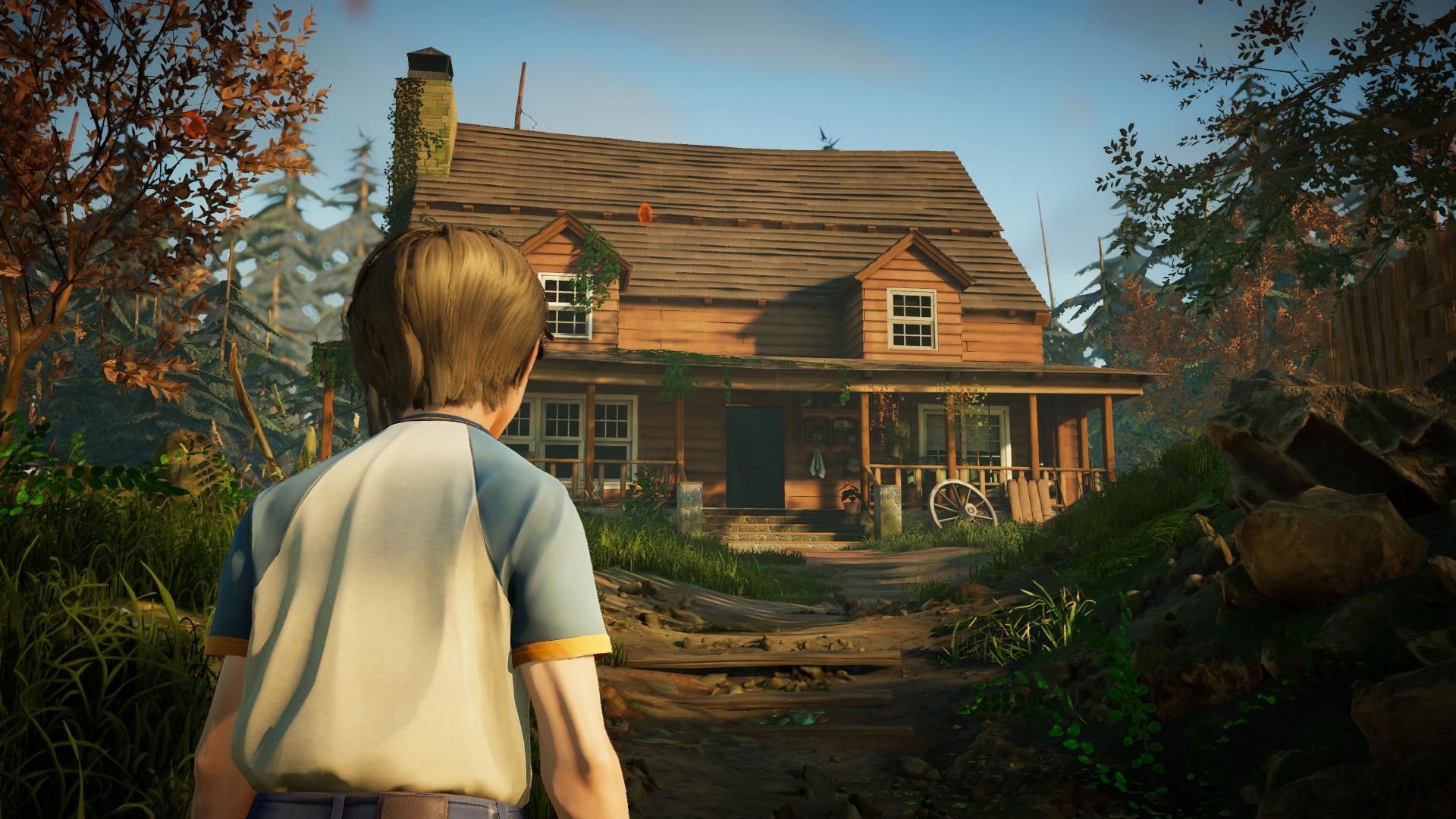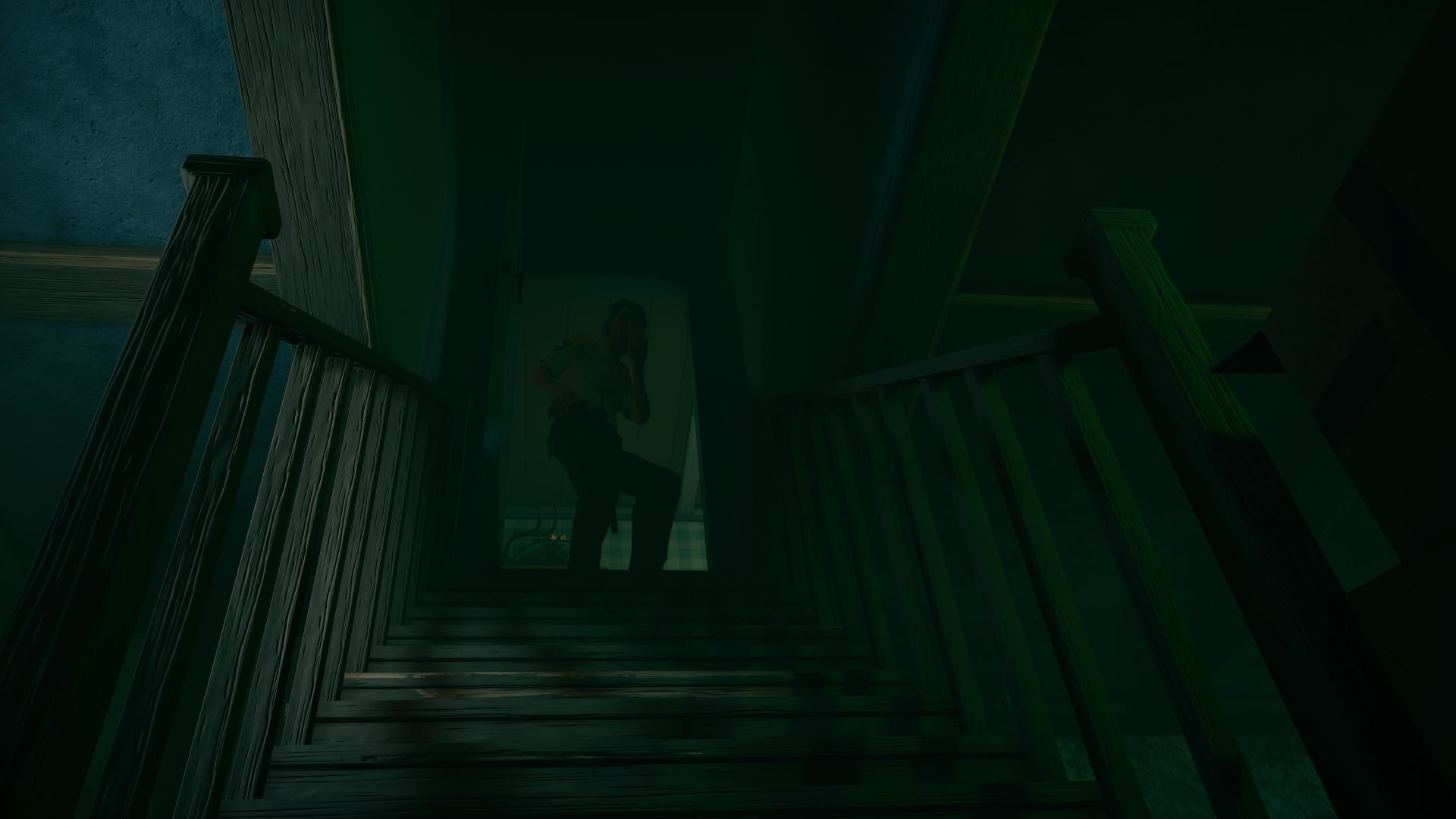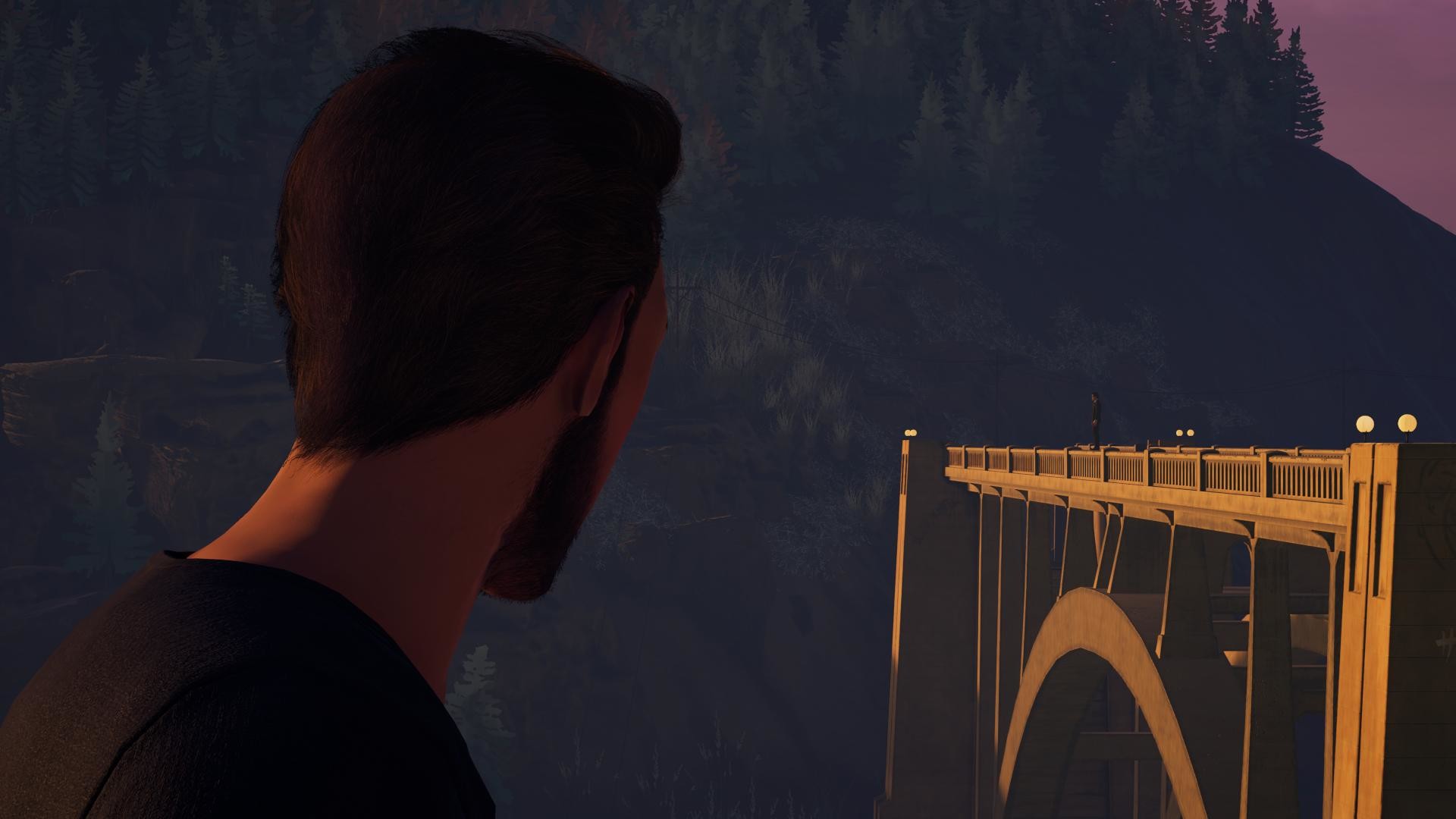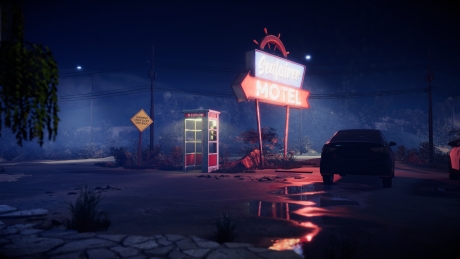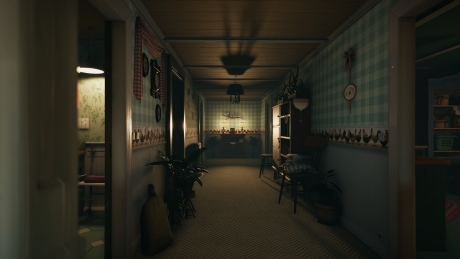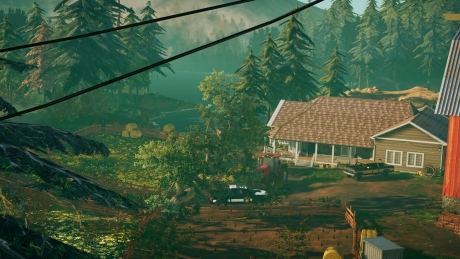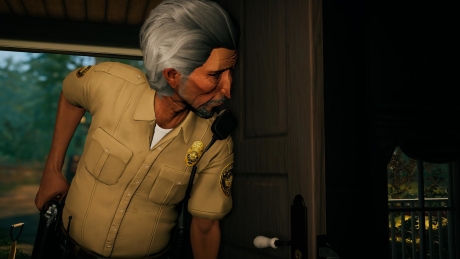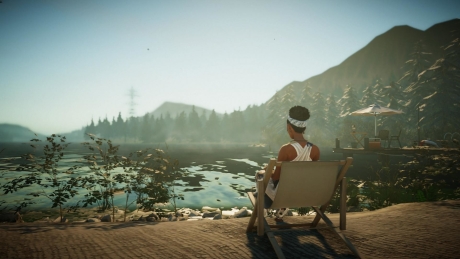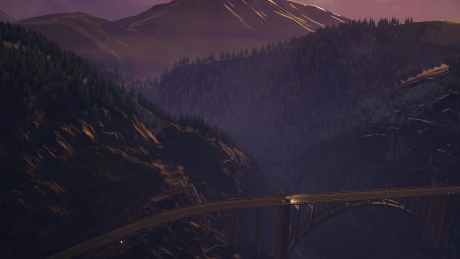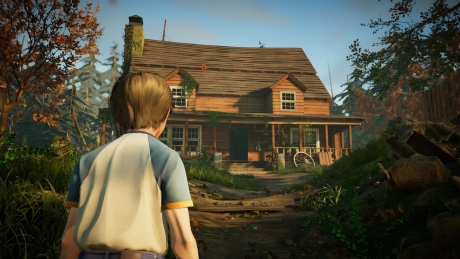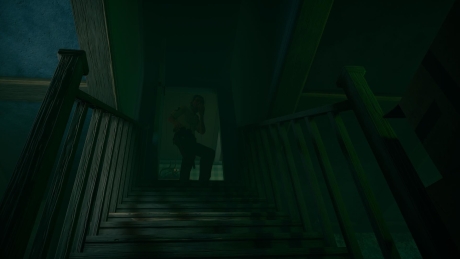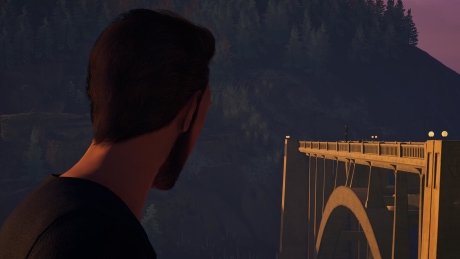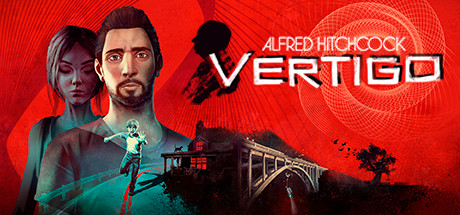Zitat:
Vertigo and Rear Window are two of my favorite movies of all time and after playing and loving Blacksad, I was eager to try Pendulo Studios’ latest title: Alfred Hitchock – Vertigo. I should start off by mentioning that the game has nothing to do with the movie. It’s not a sequel, a prequel or a spin-off. It’s a completely different story, which obviously takes inspiration from many Hitchock classics (Vertigo, Psycho, The Birds) and then tries to find its own route. After more than ten hours of gameplay, I have only one question left: was the Hitchcock license really needed? What I mean is that you could probably tell the same story in the same way without any need to attach the name of a famous film director on the game’s title. Somehow, it could even spare many cruel comparisons with the director narrating style, framing and editing, which is obviously superior for many reasons.
In Pendulo Studios’ Vertigo we take the role of three different characters: Ed Miller, a man suffering from vertigo due to his personal trauma, his psychologist Dr.Julia Lomas and sheriff Nick Reyes who is trying to solve a case that could be connected to Miller. Although we play as all of them at different times, much of the story takes place through flashbacks and hypnosis sessions where Dr.Lomas investigates Miller’s past; these sessions require us to revisit the same moments from a different perspective, analyizing the environments to find (not so) hidden clues and finally reveal the truth.
Sadly, the gameplay is mostly non-existent. Just like Quantic Dream games, we can only do ordinary gestures to interact with some predefined objects or during quick time events, but this is not the main problem, because even if Quantic Dream does that, we know there is a point when things can go A, B or C and then D, E, F etc. In Vertigo, this point never arrives. Our actions and choices don’t have any impact on the story and we feel just like passive and omniscient viewers who need to move the sticks and push the buttons when the game asks us to do so. The story is already decided from the start to the end and we, as players, don’t have any influence on it. So, since the gameplay is mostly absent, I can only focus on the quality of the story and the technical problems I encountered.
I must say that I was having a great experience for about half of the game. The story premise was exciting, new characters were slowly being introduced, and going through the therapy sessions was very interesting and brought me back to Remember Me (Dontnod first game) mechanic of analyzing memories to unveil the truth. After all these sessions, everything went downhill. It’s worth noting that at that point the story was already predictable, but when the mystery was finally solved I could only feel disappointment for how sensless the reasons behind the main antagonist were. Too many plot holes, unexplainable characters actions/reactions and moments when adults’ logic was being applied on kids (which never works).
Now I know that this can be subjective and not make much sense without going into spoiler territory, so I will move on to the next subject: story pacing. It’s painfully slow, like… imagine characters who stop speaking and then watch the camera in silence for countless times, or characters doing meaningless tasks as slowly as possible. With all these dead moments I felt like the story was being stretched from a 4-hour interactive movie to a 10-hour one. Some cuts could definitely avoid wasting players time and make the experience far more enjoyable.
The narration was also affected by multiple technical issues in the visual and audio departments. I like the unreal comic book style of the characters (which reminded me of Telltale games), but facial animations lack many expressions. A recent update slightly improved the situation, but animations still don’t fit characters’ emotions, along with some lip-sync problems. There is particularly one issue, inherited from Blacksad, where characters’ faces are completely blurred, which ruins many good scenes. Minor issues are also visible when characters grab an item (like a bottle of wine) but you can clearly see it’s not attached to their hands.
Graphics look good enough, very colorful and vibrant, despite being a psychological thriller. Environments are very detailed, but unfortunately there isn’t much to interact with, except for the story-related objects (at least Blacksad had collectable cards and missable clues hidden around) and I must say that I felt tired of revisiting the same locations over and over again (particularly Miller’s house).
Moving to the audio department, the quality of the voice acting is great, but I found some sounds too loud and others wrongly placed (like heavy breathing in a quiet forest). During some moments I could even hear the microphone turning on and off in the recording studio, which shouldn’t happen. The main soundtrack is good and made me feel like I could be murdered anytime, but I think it was used too often in most of the scenes, probably to hide the lack of sound effects that would make those scenes silent.
Optimization is bad. Despite playing on a powerful rig I detected frame drops in the mid 20s. The curious thing is that performance often decreased when the camera was very close to the characters (could this be the reason for those blurred faces?) and even scenes that shouldn’t be demanding, if we consider small environments and loading screens, were running at around 30 frames. This didn’t ruin my “cinematic” experience, but someone with specs lower than the recommended ones could face more serious problems.
|
| ✅ Pros |
❌Cons |
[/tr]
- The first part of the story is well told and hypnosis sessions are engaging
- Interesting cast of characters
- Good voice acting and soundtrack (although used too often)
|
[*]Choices and actions never influence the story
[*]Antagonist’s lack of purpose, logic and motivation negatively affects the ending
[*]Slow narrative pacing with multiple dead moments
[*]Basic non-interactive gameplay
[*]Facial animations still lack many expressions
[*]Visual and audio glitches are quite recurrent and ruin many scenes
[*]Repetitive environments with not enough interaction
[*]Poor optimization and a few technical issues
[/list] |
[/tr]
Verdict: 6/10
If we take Vertigo as a videogame, then it fails on every single aspect of what makes videogames what they are. It takes many steps back from Blacksad and removes every gameplay mechanic (such as the possibility to link clues together). But if we take it as a slightly interactive movie, then I guess it’s okay; you are buying a ticket for a good show. Keep in mind though that the ending might be a big disappointment and nullify all the little good things the story could offer.
Zitat:
Key provided by the developer/publisher for review purposes. Any opinions expressed are entirely my own.
Zitat:
